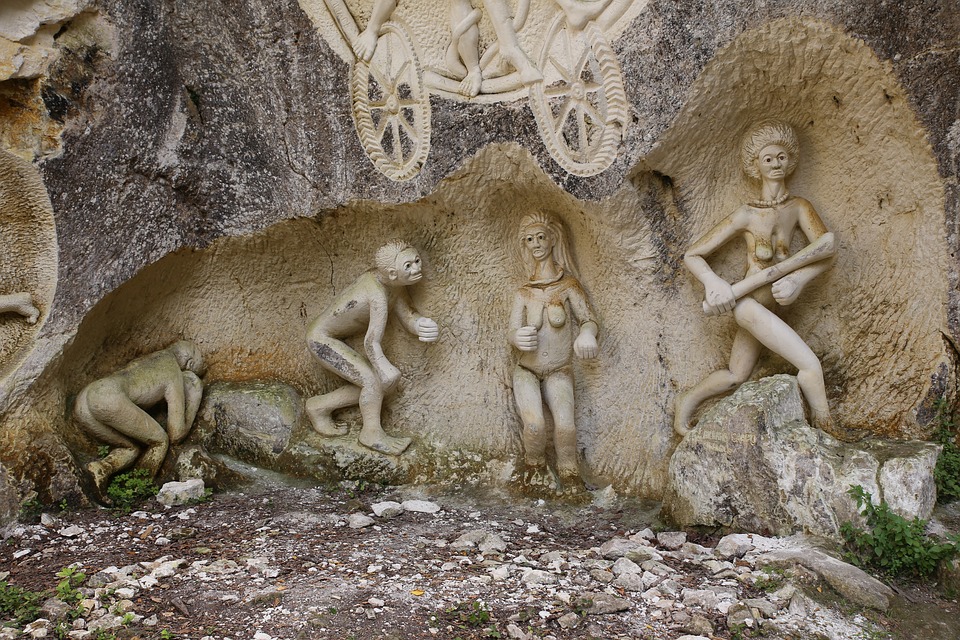The Future of Music: Predictions for the Next Phase of Musical Evolution
Music has always been a fundamental part of human culture and society, evolving and adapting with the times. From early folk songs to classical compositions, from rock and roll to electronic dance music, each generation has seen new styles and genres emerge. As technology continues to progress at a rapid pace, the future of music is teeming with possibilities. Here are some predictions for the next phase of musical evolution:
AI and Machine Learning
Artificial intelligence and machine learning are already playing a significant role in the music industry, from creating algorithms for personalized playlists on streaming services to composing music. In the future, AI is likely to be even more involved in the creation and distribution of music. It may become commonplace for AI to analyze data on listener preferences and trends, and generate songs tailored to specific audiences. This could lead to a proliferation of new and experimental genres, as AI can synthesize elements from different styles to create fresh sounds.
Moreover, AI could also revolutionize the way music is taught and learned. Virtual reality and augmented reality technologies could create immersive environments for music education, allowing students to interact with virtual instruments and practice in realistic settings. AI tutors could provide personalized feedback and guidance, leading to more efficient and effective learning experiences.
Virtual Reality Concerts
The COVID-19 pandemic has highlighted the importance of virtual experiences, and this trend is likely to continue in the music industry. Virtual reality technology has the potential to revolutionize live performances, allowing artists to reach a global audience without the need for physical venues. VR concerts could provide an immersive experience for fans, with 360-degree views of the stage and interactive elements that enhance the sense of presence and connection with the artist.
Virtual reality concerts could also open up new possibilities for collaboration and experimentation. Artists from different parts of the world could perform together in a virtual environment, creating unique and innovative music that transcends geographical boundaries. Additionally, VR concerts could offer fans the opportunity to interact with artists in real-time, providing a more intimate and engaging experience than traditional live shows.
Blockchain and NFTs
Blockchain technology and non-fungible tokens (NFTs) have already started to make waves in the music industry, providing new ways for artists to monetize their work and connect with fans. In the future, blockchain and NFTs could revolutionize the way music is created, distributed, and consumed. Artists could use blockchain to track the ownership and usage rights of their music, ensuring fair compensation and royalties for their work. NFTs could also enable fans to purchase unique digital assets tied to their favorite songs or albums, creating new revenue streams for artists.
Blockchain and NFTs could also play a role in fostering greater transparency and accountability in the music industry. By using blockchain to store data on royalties, copyrights, and licensing agreements, artists and other stakeholders can ensure that they are fairly compensated for their contributions. Additionally, blockchain could enable new models of music distribution, such as decentralized platforms that allow artists to directly connect with their fans and bypass traditional intermediaries.
Environmental Sustainability
As concerns about climate change continue to grow, the music industry is facing increasing pressure to reduce its environmental impact. In the future, sustainability is likely to become a key consideration for artists, producers, and other stakeholders in the music ecosystem. Concerts and festivals may adopt more eco-friendly practices, such as using renewable energy sources, reducing waste and carbon emissions, and promoting sustainable transportation options for attendees.
Additionally, advances in technology could lead to new ways of creating music that are more environmentally friendly. For example, researchers are exploring the use of algae-based materials to produce biodegradable instruments and equipment. Digital platforms and streaming services could also implement energy-efficient practices and offset their carbon footprint through initiatives such as tree-planting programs.
Collaboration and Cross-Cultural Exchange
The globalization of music has already led to an exchange of ideas and influences among artists from different cultures and backgrounds. In the future, this trend is likely to accelerate, as digital technologies make it easier for musicians to collaborate and connect with each other across geographical boundaries. Artists could draw inspiration from a diverse range of musical traditions and genres, leading to a fusion of styles and sounds that break down traditional barriers.
Collaboration and cross-cultural exchange could also lead to new forms of music that reflect the interconnected nature of the modern world. Artists may draw on a mix of cultural influences, languages, and musical techniques to create innovative and hybrid genres that resonate with audiences worldwide. This diversity and connectivity could foster a greater sense of unity and understanding among people from different backgrounds, as they come together through the universal language of music.
In conclusion, the future of music is bright with possibilities. AI and machine learning are likely to play a greater role in music creation and education, while virtual reality concerts could revolutionize live performances. Blockchain and NFTs offer new opportunities for artists to monetize their work and connect with fans, while sustainability and cross-cultural exchange are set to shape the music industry in the coming years. As technology continues to evolve, music will remain a dynamic and transformative force that transcends boundaries and brings people together through the power of sound.

Leave a Reply